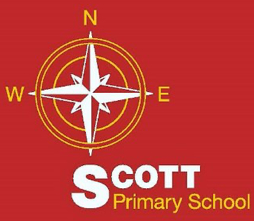EYFS
At Scott Primary, we understand that starting school is a very important milestone in every child’s life. As a parent/carer, you have an important role to play in helping your child take the first steps on their learning journey. We are keen to work with you to make sure that starting school is a positive experience for your child, and to help your child achieve their full potential in a warm and caring environment.
How Will My Child Be Learning?
The EYFS framework identifies the essential role of play in your child’s development. It is through both child-led play and play guided by an adult that your child will develop confidence and relationships with others. Through play, school staff will help your child to extend their vocabulary and develop their communication skills. The EYFS framework identifies three characteristics of effective teaching and learning:
Playing and Exploring
Active Learning
Creating and thinking critically
How will I know how my child is doing?
Our staff use their professional knowledge to understand your child’s level of development. If they have any concerns about your child’s progress, they will discuss these with you.
Three formal assessments take place during the EYFS:
• Two-Year Progress Check (this will happen between the ages of 24 to 36 months)
• Reception Baseline Assessment (at the start of the reception year)
• Early Years Foundation Stage Profile (at the end of the EYFS)
A greater focus on teaching specific skills will occur as your child progresses through their reception year, which will help them to prepare for year one.
EYFS areas of learning:
Personal, Social and Emotional Development (PSED) – providing opportunities for each child to become a valued member of their class and the school with a positive self-image and high self-esteem. Enable the children to learn how to co-operate and work harmoniously alongside and with each other and to listen to each other.
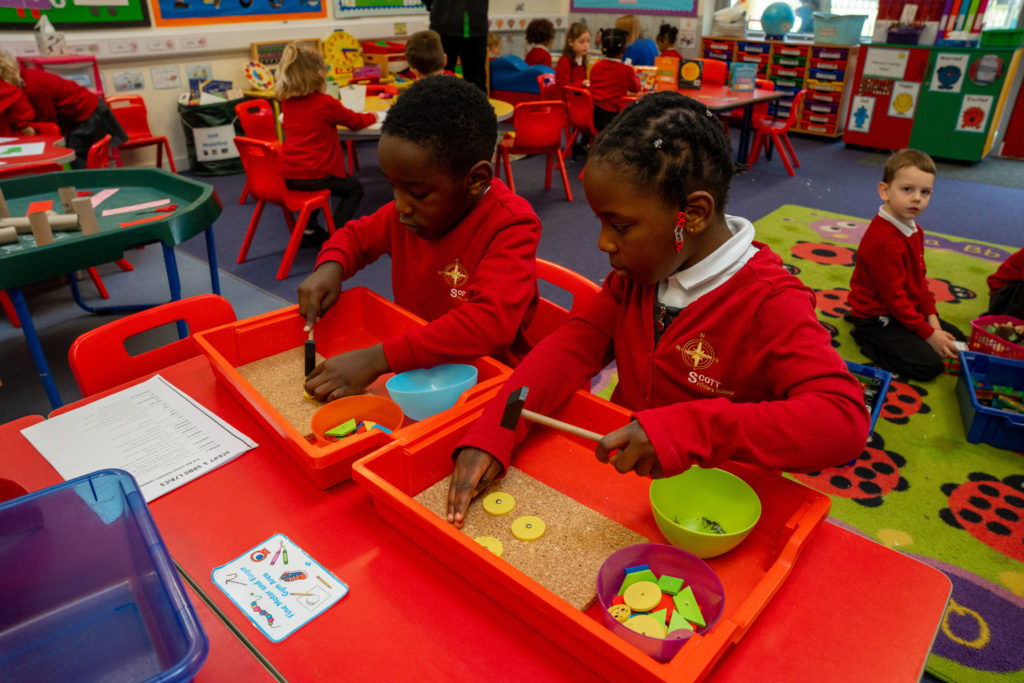
Communication and Language (CAL) – opportunities for all children to talk and communicate in a widening range of situations, to respond to adults and each other, to practise and extend the range of vocabulary and communication skills they use and to listen carefully.
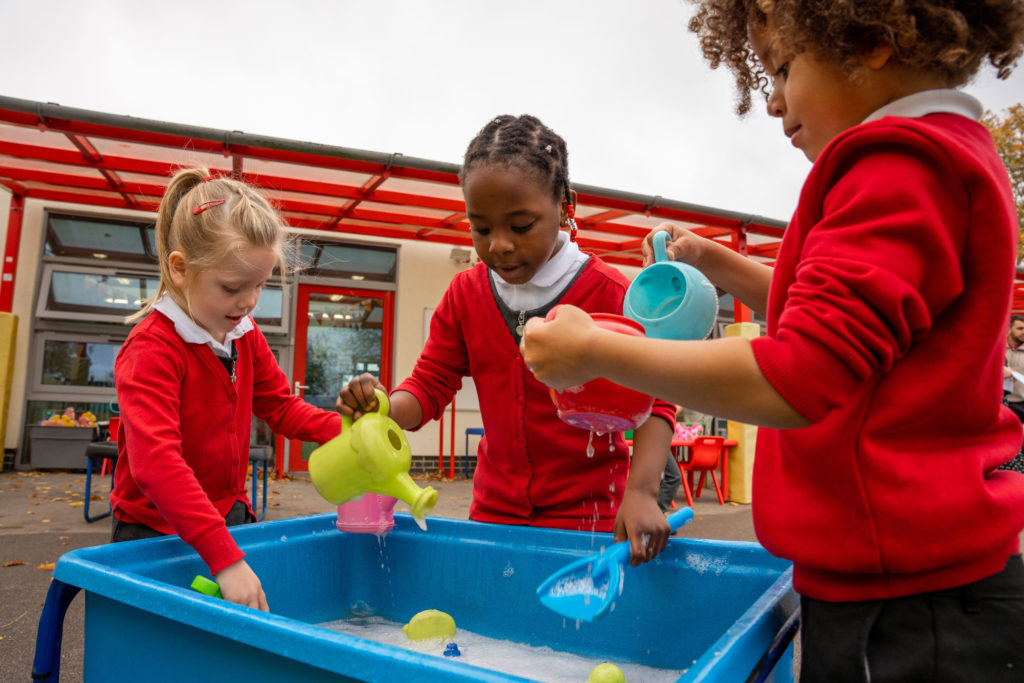
Physical Development (PD) – opportunities for all children to develop and practise their fine and gross motor skills, and to increase their understanding of how their bodies work and what they need to do to be healthy and safe.
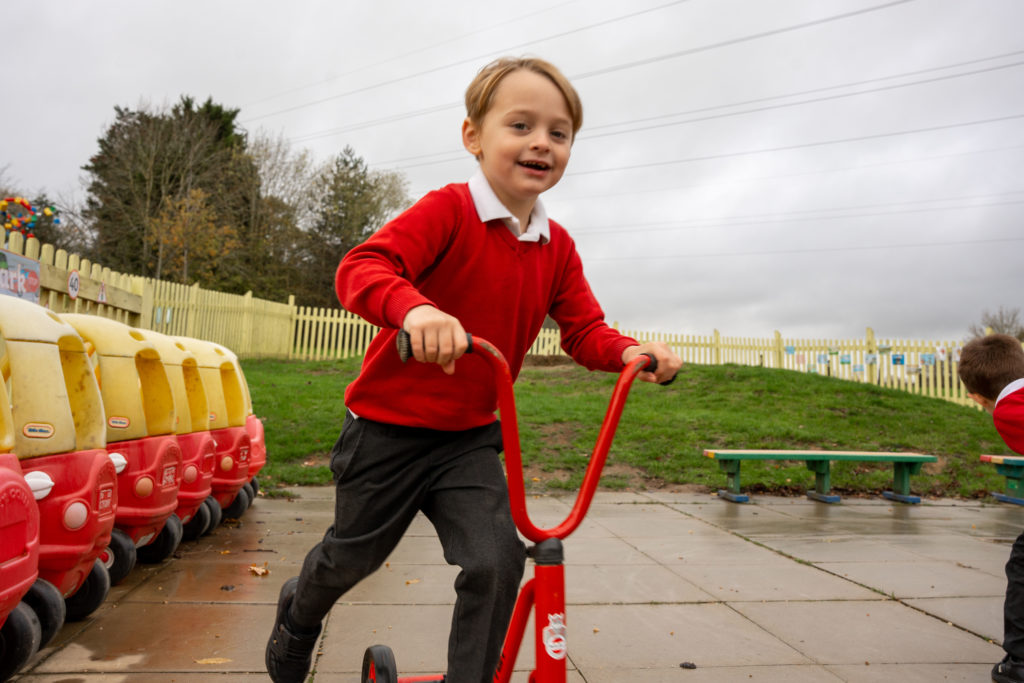
Literacy – opportunities for all children to explore, enjoy, learn about and use words in a broad range of contexts and to experience a rich variety of books.
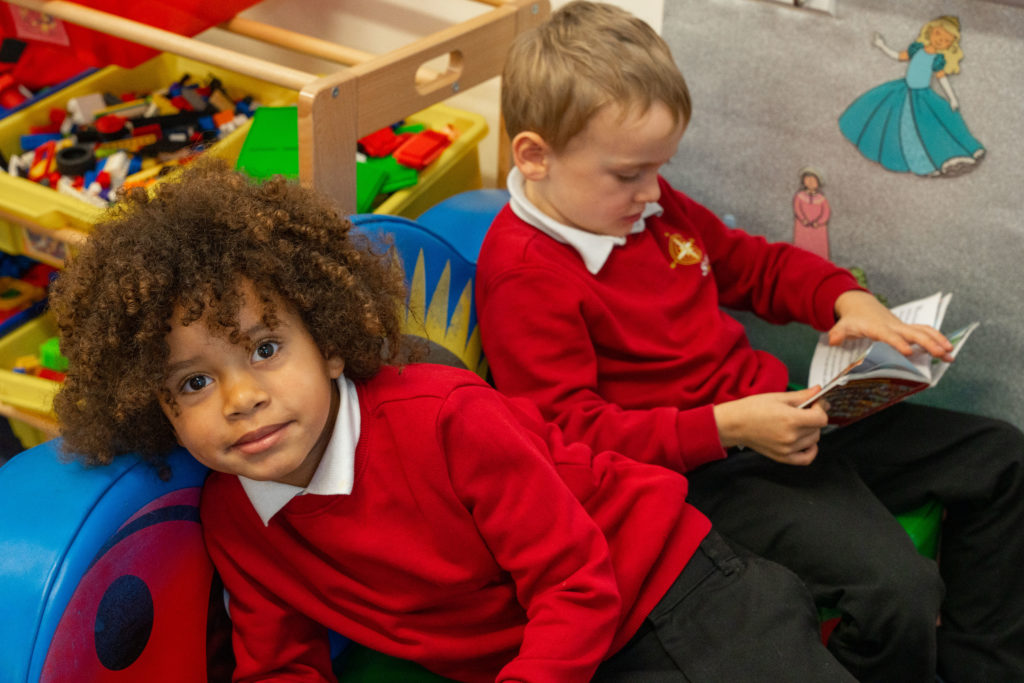
Mathematics – opportunities for all children to develop their understanding of number, measurement, pattern, shape and space in a broad range of contexts in which they can explore, enjoy, learn, practise and talk.
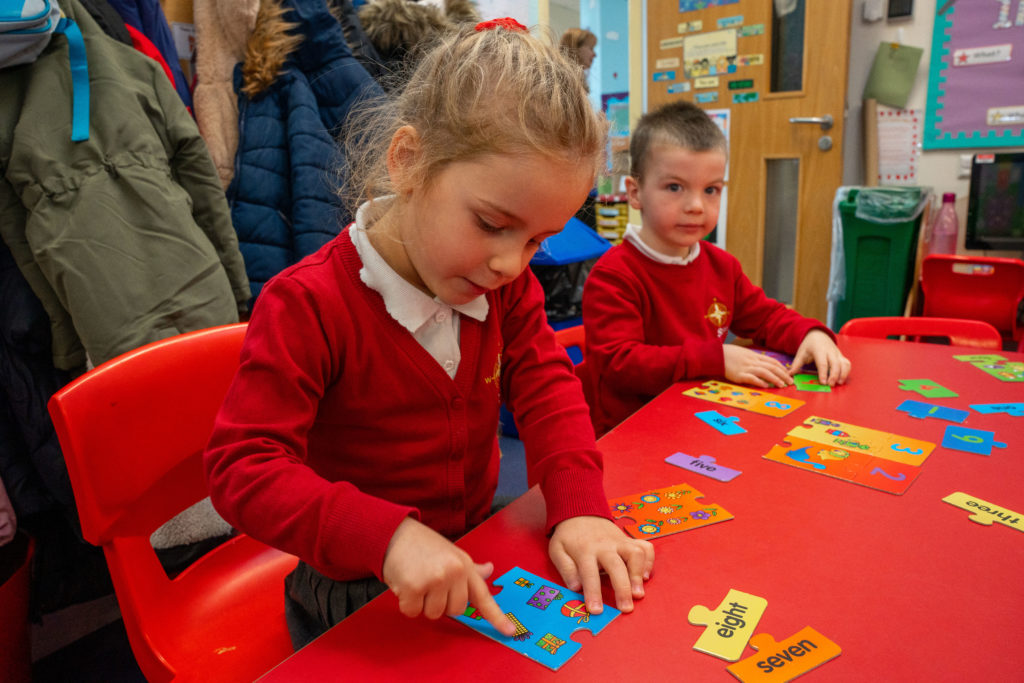
Understanding the World (UW) – opportunities for all children to solve problems, make decisions, experiment, predict, plan and question in a variety of contexts, and to explore and find out about their environment and people and places that have significance in their lives.
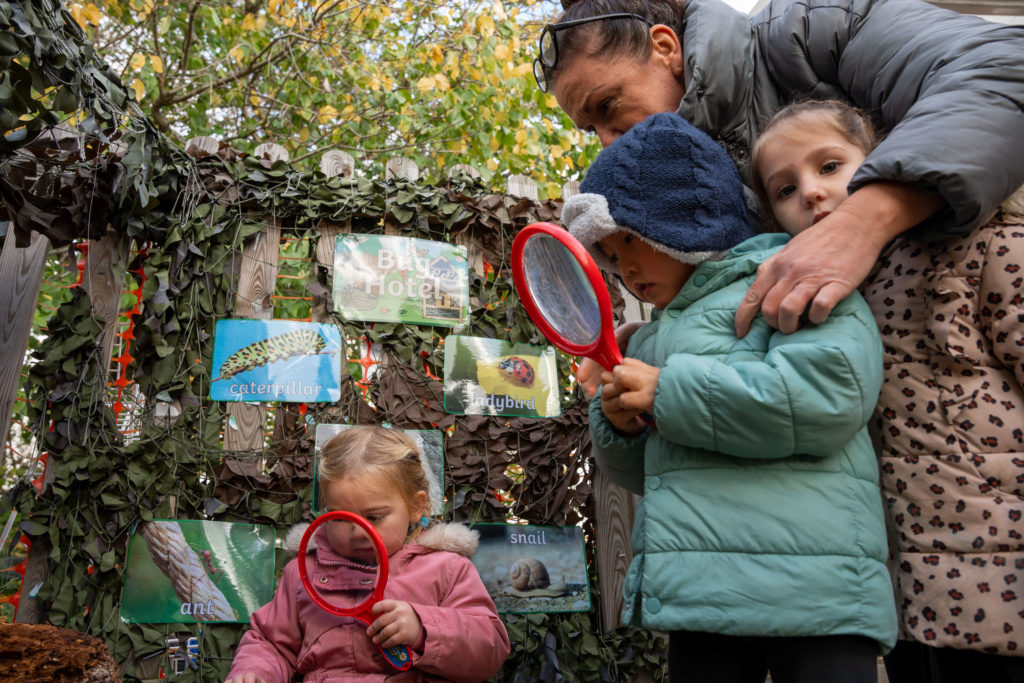
Expressive Arts and Design (EAD) – opportunities for all children to explore and share their thoughts, ideas and feelings through a variety of art, design and technology, music, movement, dance and imaginative and role play activities.
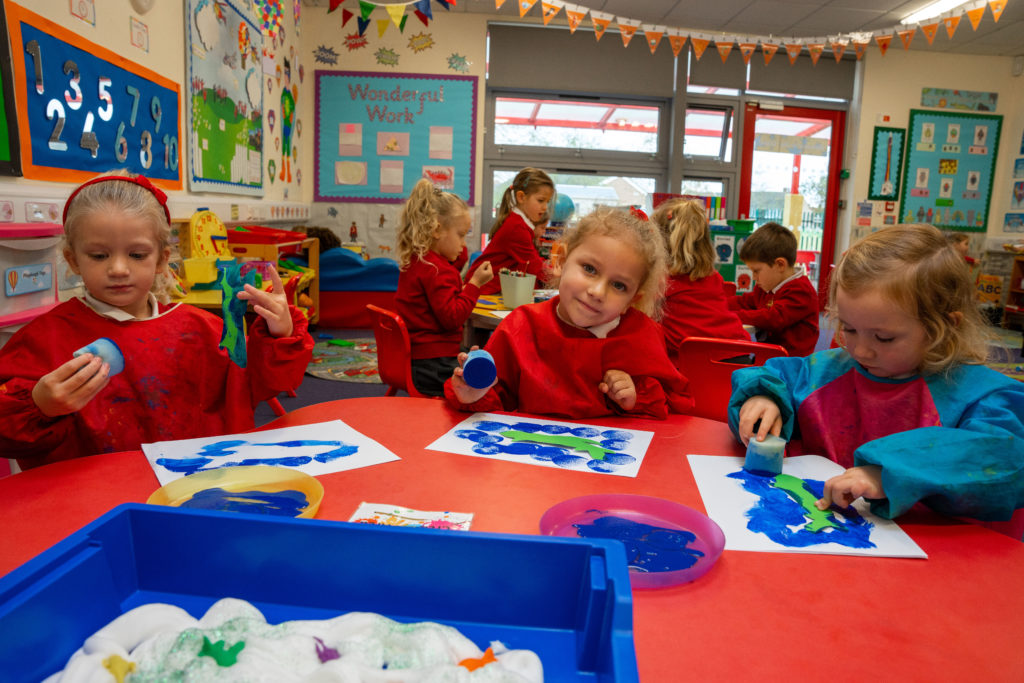
We strive to ensure that our children have access to an interesting, fun and progressive curriculum to allow them to gain a love of learning and to achieve their full potential.
